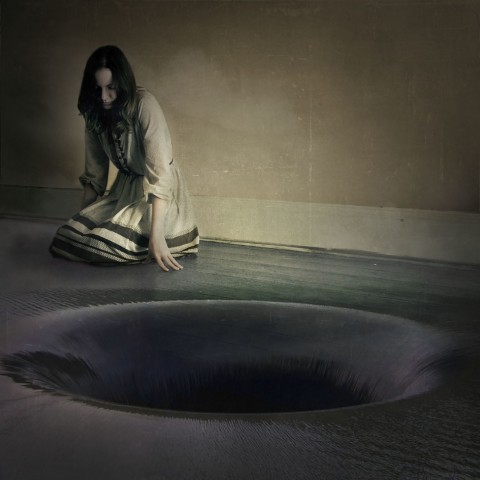Reading can be a tremendous source of solace as we navigate the ups and downs of life. Books that contain characters we relate to can provide a way to transcribe the messiness in our minds and understand other people's emotions. Mental illness can sometimes make it challenging to find the concentration required to read, but these nine books are wor...
The SANE Blog
The Diagnostic and Statistical Manual (DSM) is used by clinicians and psychiatrists around the world to diagnose mental disorders and psychiatric illnesses. Published by the American Psychiatric Association (APA), it was first printed in 1952. It covers all categories of mental health disorders for both adults and children. As you might expe...
Online community spaces are vital places for health advocates to find a sense of connection, belonging and support. If you have an online advocacy platform, you are no doubt aware that audiences are as diverse as the needs and conditions they advocate for. It is therefore essential to recognise that there are inherent tensions in online communities...
Despite the world's population growing rapidly, many of us feel lonelier than ever. The drive to connect with others and forge meaningful social relationships is an essential part of what makes us human. From a neurobiological perspective, we are wired for connection. However, loneliness in Australia is an issue. A 2018 survey by the Au...
SANE Peer Ambassador Cameron was one of the participants in the two-part SBS documentary How 'Mad' Are You? We asked Cameron, who lives with schizophrenia, to share his thoughts on taking part in a series that questions society's assumptions about mental illness.
When it comes to mental health, we all tend to diagnose people from a distance from time to time. It doesn't necessarily come from a bad place. Sometimes it comes from a place of curiosity, empathy, or thinking you can help another human being out by sharing what you've observed about their behaviour. After all, it can be hard to speak up about men...
Bipolar disorder causes people to experience intense mood swings – from manic highs to depressive lows. Not everyone experiences bipolar the same way, however, it is estimated that at least 75 per cent of people diagnosed with bipolar disorder will relapse, even when following a treatment plan.
In bipolar disorder, a relapse is defined as the return of depression or a manic or hypomanic episode after a period of wellness. Sometimes it is possible to predict a relapse; often it is not. For many, the onset of a relapse seems to come out of the blue.
I've just received an email from a former colleague, telling me what she said in a referee statement.
'I talked about the value you add to a team through creative thinking and said you are that rare person who combines exceptional creativity with solid administration skills. I told them they'd be very lucky to have you'
By the time I've finished reading, I'm sobbing.
Around three million Australians are affected by anxiety or depression.
It's a mental health issue that should be familiar to many. It may be a parent, sibling, spouse or friend, but someone you know will have experienced anxiety or depression at some stage in their life.
Yet, despite the prevalence and improved understanding, people living with anxiety or depression often experience stigma and misunderstanding. A laugh. A snide comment. A generalisation. No matter the malice, stigma hurts and can stop people from seeking help.
To help break down the stigma we asked five SANE Peer Ambassadors to list what people get wrong, and what they wished people knew about anxiety and depression.
'Giving Voice' is a new exhibition of creative works from the Cunningham Dax Collection that showcases the art of people living with mental illness. The Cunningham Dax Collection is the only collection of its type and size in the Southern Hemisphere and consists of more than 16,000 artworks created by people with lived experience of mental illness ...











